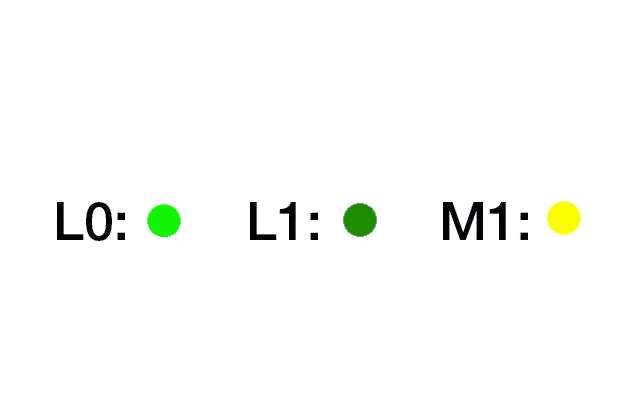| _ga | google-analytics.com (3rd party) or advertiser's website domain (1st party) | ID used to identify users | Analytics |
| _ga_ | google-analytics.com (3rd party) or advertiser's website domain (1st party) | ID used to identify users | Analytics |
| _gid | google-analytics.com (3rd party) or advertiser's website domain (1st party) | ID used to identify users for 24 hours after last activity | Analytics |
| _gat | google-analytics.com (3rd party) or advertiser's website domain (1st party) | Used to monitor number of Google Analytics server requests when using Google Tag Manager | Analytics |
| _dc_gtm_ | google-analytics.com (3rd party) or advertiser's website domain (1st party) | Used to monitor number of Google Analytics server requests | Analytics |
| AMP_TOKEN | google-analytics.com (3rd party) or advertiser's website domain (1st party) | Contains a token code that is used to read out a Client ID from the AMP Client ID Service. By matching this ID with that of Google Analytics, users can be matched when switching between AMP content and non-AMP content.
Reference: https://support.google.com/analytics/answer/7486764?hl=en | Analytics |
| _gat_gtag_ | google-analytics.com (3rd party) or advertiser's website domain | Used to set and get tracking data | Analytics |
| _gac_ | google-analytics.com (3rd party) or advertiser's website domain (1st party) | Contains information related to marketing campaigns of the user. These are shared with Google AdWords / Google Ads when the Google Ads and Google Analytics accounts are linked together. | Marketing |
| __utma | google-analytics.com (3rd party) or advertiser's website domain (1st party) | ID used to identify users and sessions | Analytics |
| __utmt | google-analytics.com (3rd party) or advertiser's website domain (1st party) | Used to monitor number of Google Analytics server requests | Analytics |
| __utmb | google-analytics.com (3rd party) or advertiser's website domain (1st party) | Used to distinguish new sessions and visits. This cookie is set when the GA.js javascript library is loaded and there is no existing __utmb cookie. The cookie is updated every time data is sent to the Google Analytics server. | Analytics |
| __utmc | google-analytics.com (3rd party) or advertiser's website domain (1st party) | Used only with old Urchin versions of Google Analytics and not with GA.js. Was used to distinguish between new sessions and visits at the end of a session. | Analytics |
| __utmz | google-analytics.com (3rd party) or advertiser's website domain (1st party) | Contains information about the traffic source or campaign that directed user to the website. The cookie is set when the GA.js javascript is loaded and updated when data is sent to the Google Anaytics server | Analytics |
| __utmv | google-analytics.com (3rd party) or advertiser's website domain (1st party) | Bevat custom informatie die door de webdeveloper is ingesteld via de _setCustomVar methode in Google Analytics. Deze cookie wordt iedere keer geupdate als er nieuwe gegevens naar de Google Analytics server worden gestuurd. | Analytics |
| __utmx | google-analytics.com (3rd party) or advertiser's website domain (1st party) | Used to determine whether a user is included in an A / B or Multivariate test. | Analytics |
| __utmxx | google-analytics.com (3rd party) or advertiser's website domain (1st party) | Used to determine when the A / B or Multivariate test in which the user participates ends | Analytics |


